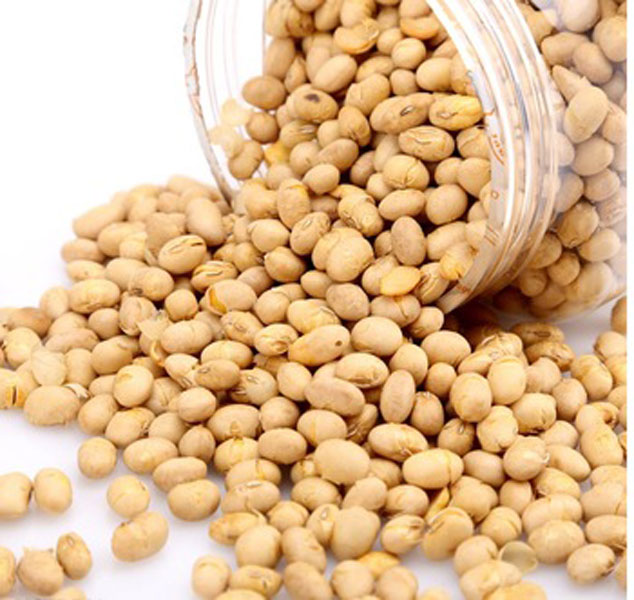
BY MTHANDAZO NYONI
ZIMBABWE spent a total of US$5.9 million between January and September last year on soya bean imports, with players saying local production of the crop was inadequate for domestic consumption.
Information obtained from the Livestock and Meat Advisory Council (LMAC) indicates that soya bean imports to September 2019 amounted to US$5.9 million compared with US$5.2 million for the same period in 2018.
Total imports of soya bean in the period under review amounted to 51 317 metric tonnes (mt), a reduction of 34% compared with the corresponding period in 2018. Soya bean imports over the same period in 2018 were 9 972mt, an 8% decline over the previous year.
Soya meal or cake imports valued at US$15 587 were imported compared with US$26 168 in 2018, a decline of 39%.
“In 2019, the domestic production of soya bean has been grossly inadequate for local utilisation. Import parity has dominated the pricing for much of the year and import prices of soya meal in 2019 traded between US$423 and 697/mt with an average price of US$601m/t,” LMAC said in its report.
Soya meal or cake imports were 33 238mt against 54 802mt the previous year, a decline of 39%.
“Traditionally, the trend has been to import soyameal and cake rather than raw soya beans, but the import of soya beans has been encouraged for full beneficiation in Zimbabwe. As a result, the import of soya beans grew by 695% to 67 197mt when compared with 2016,” LMAC said.
- Chamisa under fire over US$120K donation
- Mavhunga puts DeMbare into Chibuku quarterfinals
- Pension funds bet on Cabora Bassa oilfields
- Councils defy govt fire tender directive
Keep Reading
Zimbabwe’s competitiveness in the soya bean market has declined over the years leading the country to be a net importer.
The decline in soya bean production is attributable to low yields, high production costs as well as ineffective policy implementation.
It is also attributable to competition from other crops such as maize and tobacco which receive high public investment and many incentives for players to prioritise maize production and distribution.
Zimbabwe requires at least 400 000mt of soya bean annually, but the country produces a paltry 60 000mt.
Meanwhile, LMAC said persistent foreign currency bottlenecks continued to affect the supply of soya beans and imports and the traditional trend had re-emerged.
The annual usage of soya bean by the stockfeed industry was approximately 130 000 to 150 000mt and with local production between 15 000 and 30 000mt in the recent past, the import requirement remains significant.
Meanwhile, total imports of sunflower seed for the nine months to September 2019 amounted to 13mt at a value of US$10 935, a decline of 98% compared with the same period in 2018.
Total imports of sunflower meal in the period under review amounted to 4 571mt at a value of US$1.5 million, an increase of 108% over 2018.
Average monthly prices of sunflower seed ranged between US$552 and 2 568/mt. Average monthly prices in 2019 for sunflower meal/cake were within the range of US$181 and 389/mt with the lowest average being in September.











